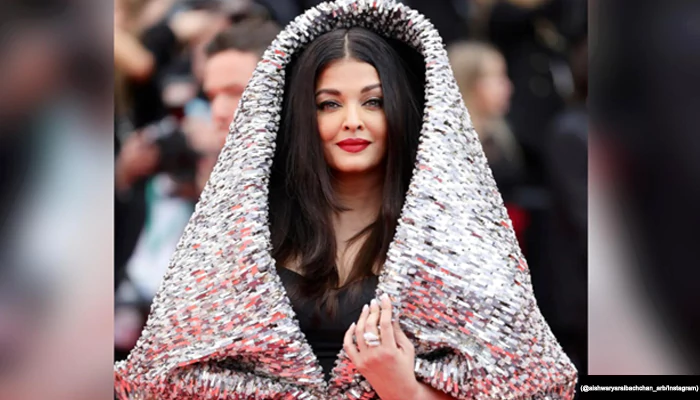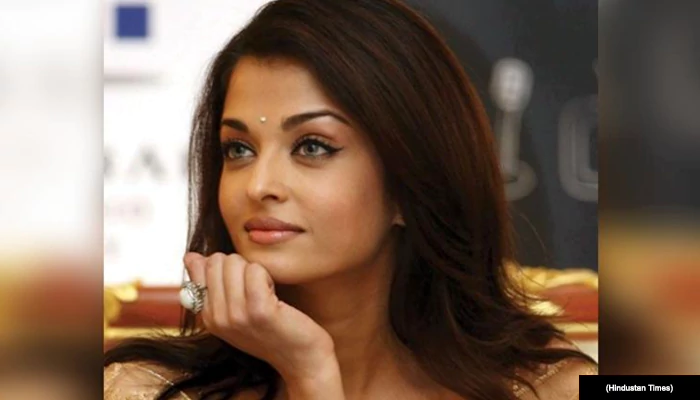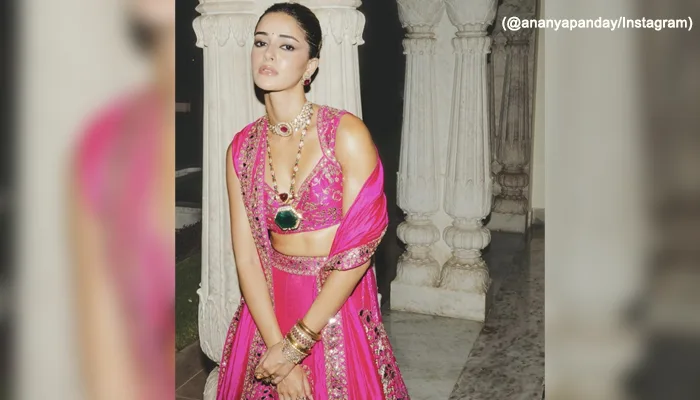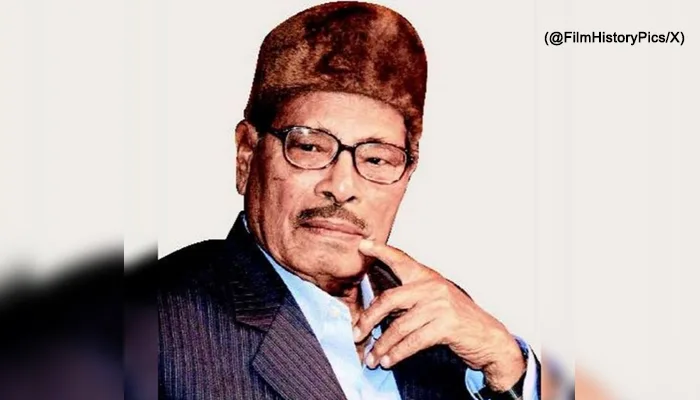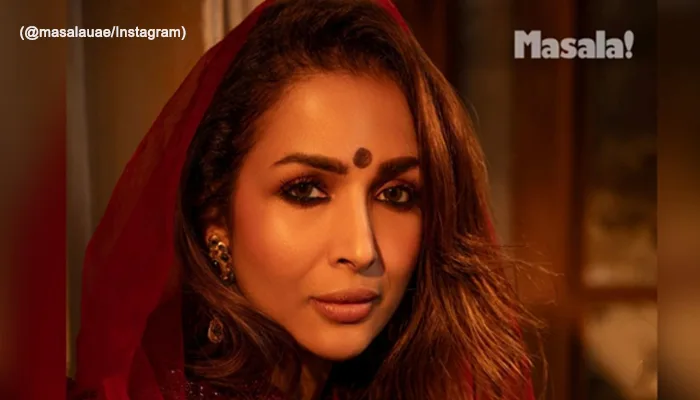Remembering Munshi Premchand Through His Short Stories that Stay: Why “Kafan,” “Idgah,” “Shatranj ke Khiladi” Still Cut Deep
- Devyani
- 3 weeks ago
- 5 minutes read
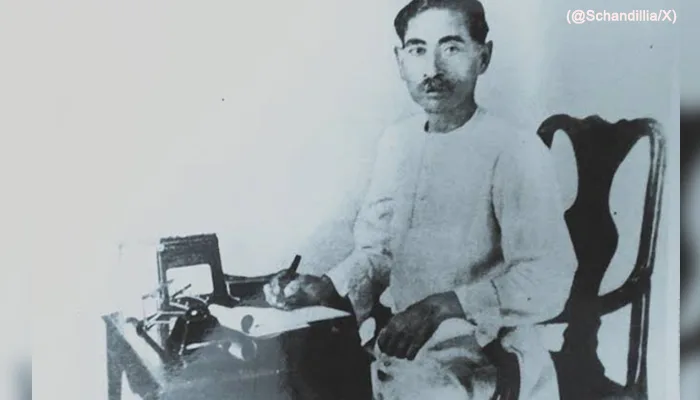
A casual look at why the stories of a writer from a hundred years ago still feel so startlingly, sometimes uncomfortably, alive today.
Let's be honest, sometimes classic literature can feel like homework. You know the type - dense, difficult, and detached from our daily chaos. But then there’s Munshi Premchand. Born Dhanpat Rai Shrivastava in 1880, he’s that rare literary giant you don't have to tiptoe around. Pick up one of his short stories, and it’s like he pulls up a chair, sits next to you, and starts narrating the world outside your window, even if he was writing a century ago.
He didn't write about kings and gods from an ivory tower. He wrote about the farmer worrying about his next harvest, the child dreaming of a toy, and the household tensions simmering over a seemingly small incident. He gave us "sahitya" (literature) that was a mirror, often a brutally honest one. So, why do stories like "Kafan," "Idgah," and "Shatranj ke Khiladi" still hit so hard? Let's dive in.
The Chilling Blanket: "Kafan" (The Shroud)
Today on Munshi Premchand's death anniversary, came to know that in 1977, Mrinal Sen produced this amazing Telugu film Oka Oori Katha (ఒక ఊరి కథ) = a village story , which was based on Premchand's famous Hindi story Kafan कफ़न (the shroud). The film won the National Film Award. pic.twitter.com/30LhCnsJBW
— Abhishek Avtans अभिषेक अवतंस 🌐 (@avtansa) October 8, 2022
(@avtansa/X)
If you ever think a story needs a fancy plot, "Kafan" will stop you in your tracks. It’s a masterclass in minimalism and one of the most devastating critiques of human indifference ever written.
The plot is simple, almost absurd. A poor, lower-caste father and son, Ghisu and Madhav, are lazing around while Madhav's wife, Budhiya, dies in childbirth just feet away. After her death, they go out to collect money for her shroud, or kafan. They succeed, but then, gripped by a lifetime of hunger and deprivation, they do the unthinkable: they spend the entire amount on a good meal - puri, sabzi, pakoras - and get drunk.
Premchand doesn’t judge them outright. He makes you feel the biting cold, hear Budhiya's agonized moans, and see the sheer emptiness in the men's lives that leads to this moral bankruptcy. The story cuts deep because it’s not about monsters; it’s about a dehumanizing system that can strip away even the most basic human duties. It’s a tough read, but it sticks with you, making you question what you really know about poverty and desperation.
The Warmth of Innocence: "Idgah"
Idgah by Munshi Premchand. pic.twitter.com/NttH1UCaD1
— charlie kirkrog (@IndieKnopfler) April 11, 2024
(@IndieKnopfler/X)
Just when you need to recover from "Kafan," Premchand offers you "Idgah." This story is a warm, gentle hug. It’s an Eid story, filled with the sensory delights of a village morning: the scent of sewaiyan (vermicelli pudding), the rustle of new clothes, and the excited chatter of children heading to the Eidgah, the open prayer ground.
Our little hero, Hamid, has only three paise. While his friends spend their money on sweets, toys, and rides, Hamid, remembering his grandmother’s burnt fingers from making rotis, buys a pair of tongs (chimta) for her.
Cue the collective "aww." But Premchand isn’t just being sentimental. He masterfully contrasts childish innocence with profound love and sacrifice. That moment when Hamid presents the tongs to his dadi (grandmother) isn't just sweet; it’s a powerful reminder that the most precious gifts have nothing to do with price tags. It’s a story that restores your faith in the innate goodness of the human heart.
The Game of Fools: "Shatranj ke Khiladi" (The Chess Players)
Great Filmmaker Satyajit Ray only made two "Hindi" movies
— Indo Islamic Culture (@IndoIslamicPage) July 31, 2019
Both were based on short stories written by Munshi #Premchand
"Shatranj ke Khiladi" (1977) was based on story of Last Nawab of Awadh and his subjects
Sadgati (1981) was a telefilm,with story based on caste discrimination pic.twitter.com/2iyAtKOY1C
(@IndoIslamicPage/X)
Now, let's shift gears to the drawing rooms of the elite. "Shatranj ke Khiladi" is a brilliant, witty satire. It’s set in 1856 Lucknow, a city known for its refined culture (tehzeeb), on the eve of the British annexation of Awadh.
The story follows two nobles, Mirza Sajjad Ali and Mir Roshan Ali, who are so obsessed with their chess games that they remain utterly oblivious to the political storm brewing around them. While the British Empire is literally taking over their kingdom, they argue over moves and pawns in a state of blissful ignorance.
Premchand’s genius here is in the contrast. He paints a vivid picture of their decadent world - the hookahs, the delicate language, the luxurious boredom - while history collapses just outside their door. He’s not just telling a funny story about two lazy aristocrats; he’s making a sharp point about privilege, escapism, and how a society can crumble when its leaders are disengaged. Sound familiar?
Why He Still Matters
So, what’s the common thread? Premchand’s characters are breathtakingly, sometimes painfully, human. They are flawed, they are noble, they are lazy, and they are loving. He had this uncanny ability to capture the soul of India in all its complexity.
In a world that's still grappling with inequality, poverty, and political apathy, his stories are not relics. They are conversations that are still ongoing. They make us laugh, they break our hearts, and most importantly, they make us think. And that’s the mark of a writer who isn’t just for his time, but for all time.


